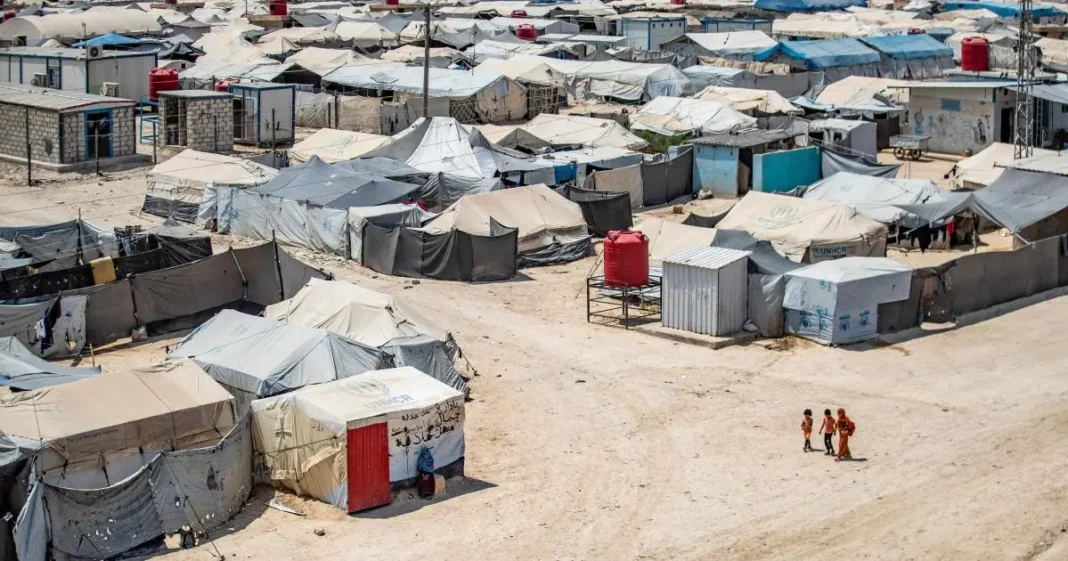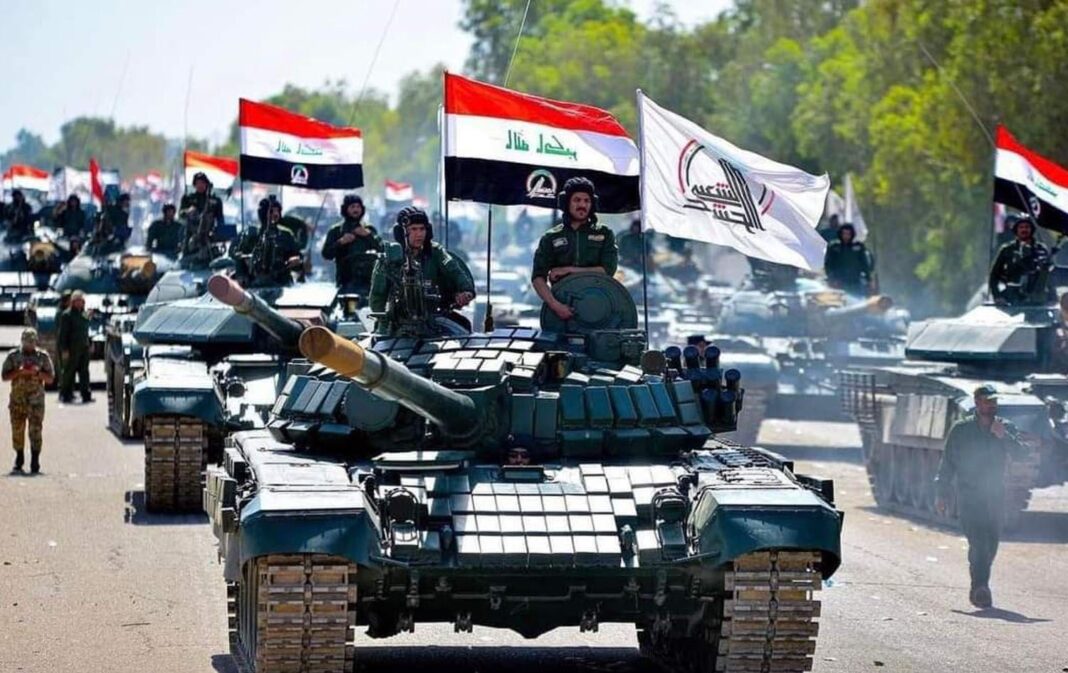Iraq repatriation from Syrian camps has gained momentum as the government steps up efforts to return thousands of its displaced citizens. These actions underline Baghdad’s determination to defeat ISIS and restore long-term stability.
According to the US Central Command (CENTCOM), Iraq increased the number of nationals returning from al-Hol and al-Roj camps by 165 percent over the past year. Moreover, officials confirmed that Iraq secured the return of 80 percent of its citizens from al-Hol. This achievement reflects strong coordination with international partners.
CENTCOM emphasized that Iraq’s cooperation with the coalition plays an essential role in strengthening regional security. Furthermore, the progress highlights Iraq’s determination to rehabilitate displaced citizens and reintegrate them into their communities. The steps also demonstrate the government’s willingness to address humanitarian and security challenges simultaneously.
Deputy Minister of Migration Karim al-Nouri revealed that most Iraqis formerly at al-Hol have already returned. However, around 5,000 remain at Iraq’s al-Jadaa camp. These families undergo rehabilitation and security screening before rejoining their communities. Additionally, he stated that approximately 18,000 Iraqis still reside in al-Hol. Their return will proceed once security clearance is completed.
The al-Hol camp, located in Syria’s Al-Hasakah countryside near the Iraqi border, remains under the control of US forces and the Syrian Democratic Forces. According to camp authorities, more than 43,000 individuals live there, including women and children of ISIS fighters. Furthermore, the population includes displaced Syrians and Iraqis, as well as an estimated 10,000 foreign families of militants.
The history of the camp is deeply tied to the rise of ISIS. When the group captured vast areas of Iraq and Syria in 2014, millions fled their homes. By 2017, Iraq declared liberation from ISIS, yet the scars of displacement remain visible. Consequently, the government continues to balance security measures with humanitarian efforts.
Officials stress that the al-Jadaa camp serves as a crucial transition point. Families staying there receive psychological support to reduce community tensions. This rehabilitation seeks to limit resentment and encourage peaceful reintegration.
Ultimately, Iraq repatriation from Syrian camps sets Baghdad apart from many countries. The United Nations and the United States both commend Iraq for consistently repatriating its citizens. In fact, this proactive approach demonstrates Iraq’s commitment to justice, reconciliation, and security.
Through determination and collaboration, Iraq repatriation from Syrian camps continues to advance, offering hope for stability after years of conflict.



